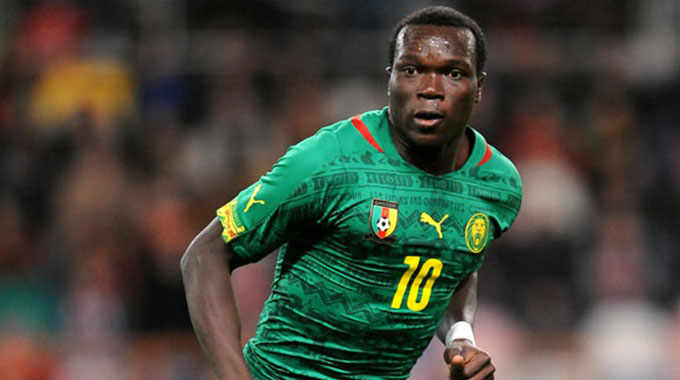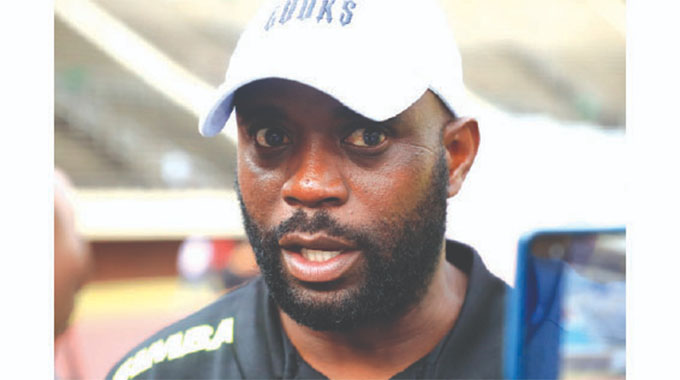Gambia’s incredible journey to AFCON finals

YAOUNDE. — An extremely thin strip of land stretches into southern Senegal for about 500km. It’s officially called the Republic of The Gambia and might even escape sight on the map of the African continent at first. It will no longer be like this.
On Wednesday, the Scorpions gained their first win in their first ever match at the African Cup of Nations, beating Mauritania 1-0.
“It’s amazing that we are even here,’’ their Belgian coach Tom Saintfiet had told Sportsmail just before the game.
“The Gambia is the smallest African country on the mainland. When I arrived, in 2018, they had only one competitive match in the previous five years against Tanzania in September 2013 (for the 2014 World Cup qualification phase).’’ The main reason was the ban that CAF imposed on their federation for using five overaged players in the 2014 Under-20 Africa Cup of Nations. That cheat plunged the Gambian national team into oblivion.
In July 2018, at the time of Saintfiet’s appointment, they ranked 172nd in the FIFA rankings. On the eve of the 2021 AFCON, they had risen to 150th. Despite being the lowest FIFA-ranked team that has ever qualified for AFCON, it represents an improvement, with the future looking even brighter.
In particular, this was made possible thanks to the emergence of numerous talents who in previous years had left the country for Europe, a much-desired destination. Some even risked their lives going through the so-called “backway’’, whose final stage is the crossing of the Mediterranean Sea.
Italy, which is one of the first European landing countries on that migration route, is where most Gambians play professionally. In 2016, the Italian Ministry of Internal Affairs registered around 25 000 unaccompanied minors, 13% of whom were Gambians.
A £2 109 per capita income, which relegates the Gambia to 159th place in the annual ranking of the International Monetary Fund and, until 2017, the Yahya Jammeh regime’s oppression, were among the main reasons behind the desire to leave the country.
The third reason is football, which is always part of the dream in The Gambia. But considering the amount of talent, why are there so many that only appeared recently? Gambian talents were not hiding.
In truth, the way Italian football is organised and the laws for immigrants are not favourable at all. Before joining their first clubs in Italy, AS Roma’s Ebrima Darboe and FC Crotone’s Musa Juwara had to fight against Italian and international sports regulations that limit the entry and registration of underage players.
A few years ago, another footballer, Bakary Jaiteh, missed the opportunity to join AS Roma because he was unable to obtain the necessary documentation. In fact, Article 19 of the FIFA regulations on the status and transfer of players prohibits the transfer of underage players out of their country.
Consequently, the cases of Juwara, Darboe and other Gambian minors represent true exceptions. In addition, the lack of infrastructure and professionalism in the Gambian league doesn’t allow the players to dream of following in the footsteps of Biri Biri, the former Sevilla legend and the best Gambian player ever. “The reason why I wanted to coach The Gambia is because I knew there was a lot of young talent,’’ said Saintfiet.
Gambian football firstly came out from its condition of anonymity into which it had fallen on July 5, 2020.
On that day two Bologna FC players of Gambian origin, Musa Juwara and Musa Barrow, increased their country’s popularity by knocking out Inter Milan at San Siro with one goal each.
Then, they proved that coach Saintfiet was on the right track by equalising twice against the future continental champions, Algeria, during the 2019 AFCON qualification campaign. The first, historic qualification to AFCON achieved in 2021 sealed their growth, and allowed them to leave the group of 10 national teams who have never qualified for the top continental tournament. — Mailonline.










Comments